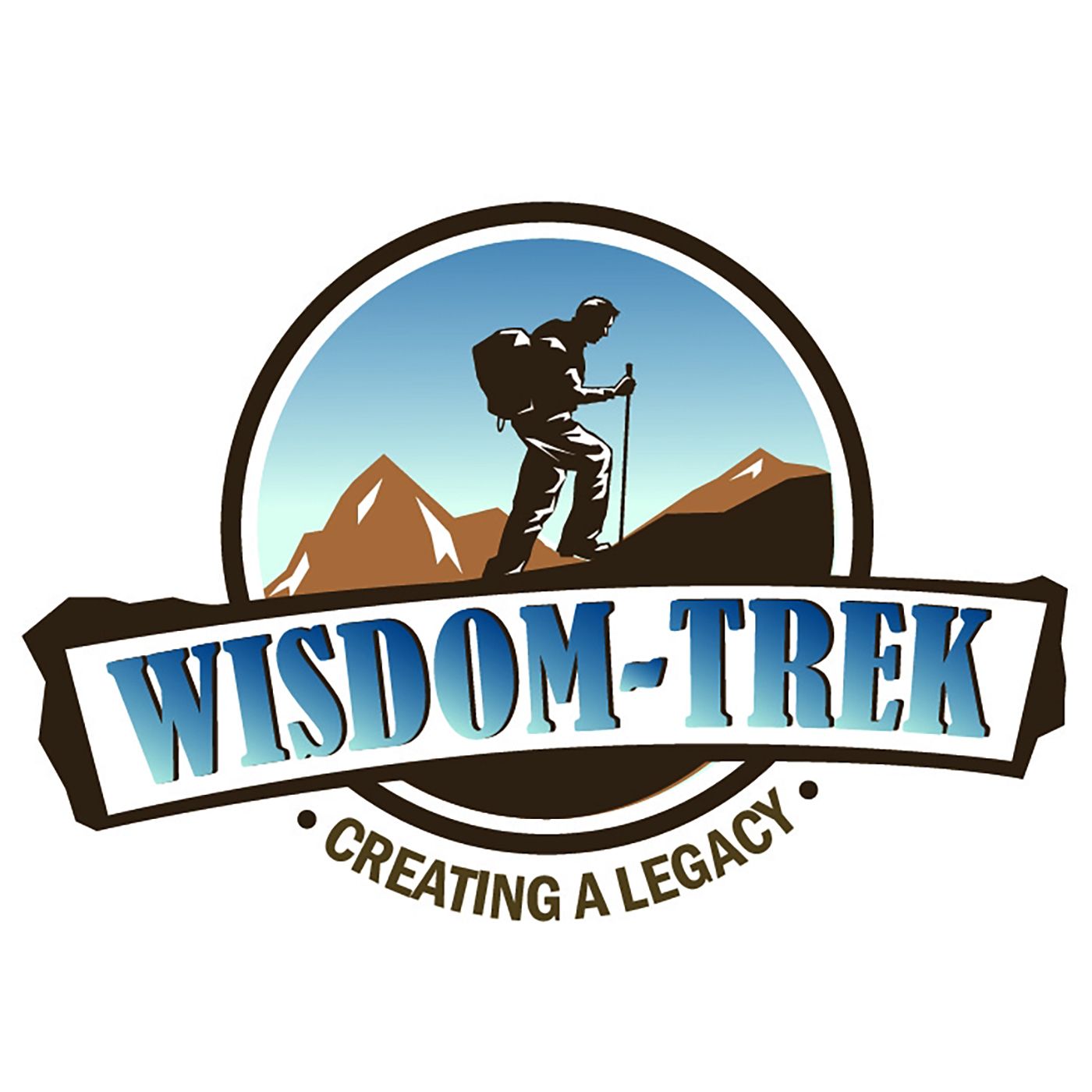- religion
- SEE MORE
- classical
- general
- talk
- News
- Family
- Bürgerfunk
- pop
- Islam
- soul
- jazz
- Comedy
- humor
- wissenschaft
- opera
- baroque
- gesellschaft
- theater
- Local
- alternative
- electro
- rock
- rap
- lifestyle
- Music
- como
- RNE
- ballads
- greek
- Buddhism
- deportes
- christian
- Technology
- piano
- djs
- Dance
- dutch
- flamenco
- social
- hope
- christian rock
- academia
- afrique
- Business
- musique
- ελληνική-μουσική
- World radio
- Zarzuela
- travel
- World
- NFL
- media
- Art
- public
- Sports
- Gospel
- st.
- baptist
- Leisure
- Kids & Family
- musical
- club
- Culture
- Health & Fitness
- True Crime
- Fiction
- children
- Society & Culture
- TV & Film
- gold
- kunst
- música
- gay
- Natural
- a
- francais
- bach
- economics
- kultur
- evangelical
- tech
- Opinion
- Government
- gaming
- College
- technik
- History
- Jesus
- Health
- movies
- radio
- services
- Church
- podcast
- Education
- international
- Transportation
- Other
- kids
- podcasts
- philadelphia
- Noticias
- love
- sport
- Salud
- film
- and
- 4chan
- Disco
- Stories
- fashion
- Arts
- interviews
- hardstyle
- entertainment
- humour
- medieval
- literature
- alma
- Cultura
- video
- TV
- Science
- en
Day 883 – The State of the World, Technology – Ask Gramps

Wisdom-Trek / Creating a Legacy
Welcome to Day 883 of our Wisdom-Trek, and thank you for joining me.
This is Guthrie Chamberlain, Your Guide to Wisdom
The State of the World, Technology - Ask Gramps
Thank you for joining us for our five days per week, wisdom and legacy building podcast. This is Day 883 of our Trek and time for our Philosophy Friday series. Each Friday we will ponder some of the basic truths and mysteries of life, and how they can impact us in creating our living legacy. As we continue on this trek called life, sometimes we have questions about life, so our Friday trek is a time where we can ‘Ask Gramps.’ Gramps will answer questions that you would like to ask your dad or granddad, but for whatever reason, this is not possible. No matter how old we are, I know that all of us would like the opportunity to ask dad or gramps questions about life in many areas. We will address areas such as finances, relationships, health/fitness, business/work, home repairs/renovations, seasons of life, spiritual/Biblical questions, and any others areas that come our way. As your fellow sojourner and mentor on this trek that we call life, it is Gramps goal to provide you with practical wisdom and advice about any area of life. It is crucial that I receive a constant flow of questions so please submit your questions to guthrie@wisdom-trek.com, and Gramps will answer your questions on our Friday podcast.
We are broadcasting from our studio at ‘The Big House’ in Marietta, Ohio. This week we will continue with part 2 of 3 for our question from last week which was:
Hey Gramps, “Listening to most news sources and even many preachers, it seems like the world is getting worse each year, but is that really the case?”
The State of the World, Technology
We take the technology and the empowerment we have today for granted. This week’s answer will focus on the advances in technology that we have experienced over the past several decades. It permeates our entire life now. Technology in and of itself is amoral. As with any advancement, it can be used for good or bad, but certainly a lot more good has resulted with these advancements than bad. If you have had any type of major surgery recently, I am sure you agree.
Here are some highlights:
Consider storage, which is critical for the genomics world today, which will transform healthcare and rapidly advance the cure for most diseases such as cancer.
In 1981, 1 gigabyte of storage cost half a million dollars. Today, it's 25 million times cheaper at 2 cents per gigabyte.
How about computation? In 1971, Intel put out its first computer chip, the Intel 4004. It had 2,300 transistors on at $1 each.
Intel no longer actually tells you how many transistors are on their chips, but the recent Core i7 had 14.4 billion transistors at less than a millionth of a penny each.
This represents a 330 billion-fold increase in price performance in 45 years.
If you have a smartphone, you have more computational power in your hand than all the governments on the planet had just 30 years ago.
But that doesn't compare to what's coming next in quantum computing. This year, we expect to see ‘quantum supremacy’ -- that moment in time where a quantum computer can solve a problem that no classical computer can do.
Google recently unveiled Bristlecone. This new quantum computer chip has 72 qubits. By the time it gets to 300 qubits, it can perform more calculations than there are atoms in the known universe. We’re about to see an extraordinary revolution in drug discovery.
Pharmaceutical companies today are investing decades and billions of dollars in discovering molecules that affect us. But soon, quantum computers will allow us to model molecular interactions at a level like never before.